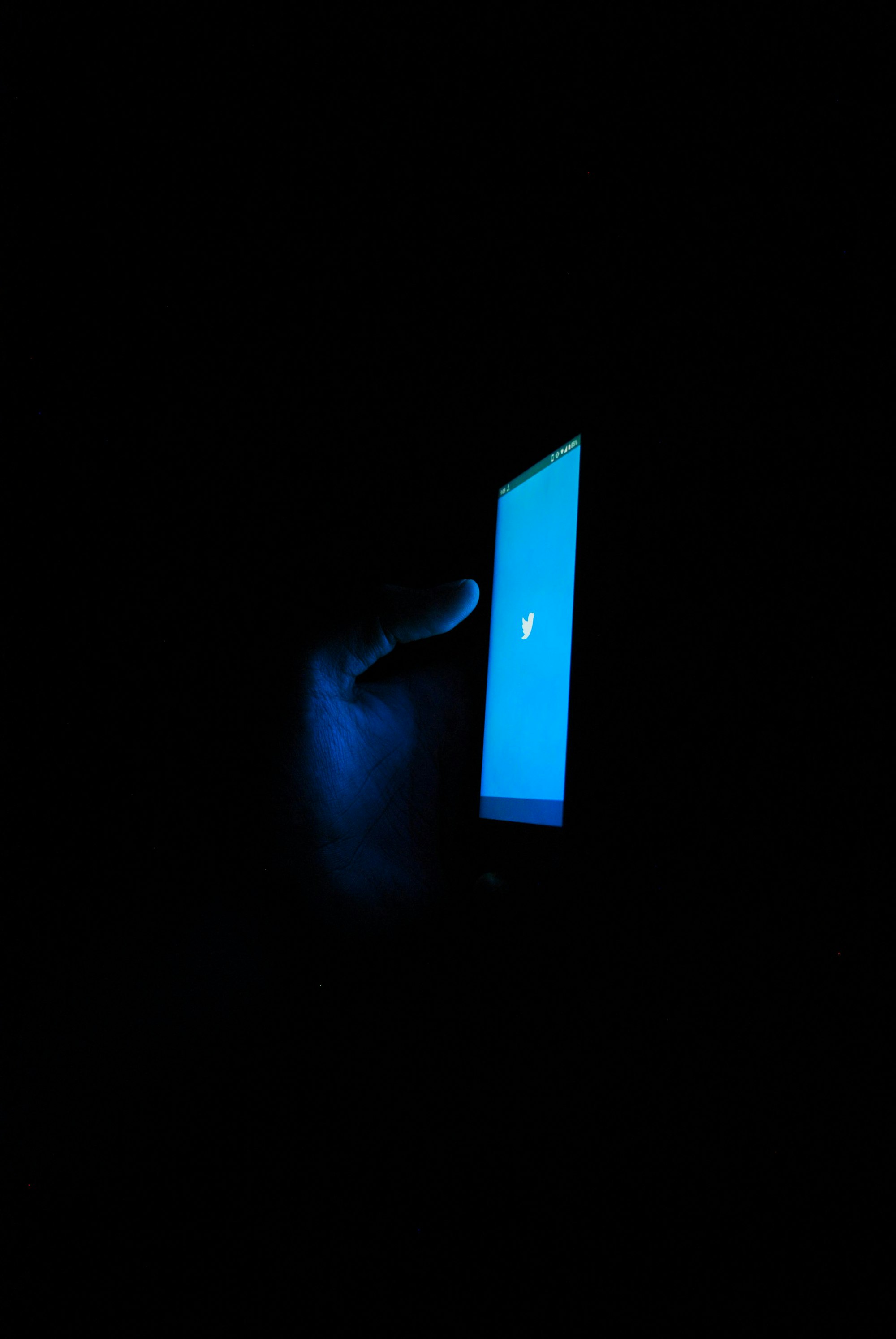According to the Home Office, the Counter-Terrorism and Border Security Act 2019 “will ensure that law enforcement and intelligence agencies have the powers they need to help keep the country safe from the threat posed by terrorism and hostile state activity.”[1] There is no doubt that this act enables a better handling of terrorism and its dangers. At the same time, however, human rights such as freedom of expression are significantly restricted at our expense. Should we be willing to pay this price in order to “keep the country safe”?
In order to understand properly the repercussions of the new terrorism legislation, the freedom of expression will shortly be explained: The freedom of expression is protected by article 10 of the Human Rights Act 1998. According to the European Court of Human Rights, freedom of expression is “one of the essential foundations of a democratic society”. As a consequence, the scope of article 10 is very broad: Not only favourable expressions receive protection but especially those, that “offend, shock or disturb”.[2] Expressions are not limited to speech or written word. Every action that involves an element of communication falls under this article. It can be for example taking part in a protest or simply being at a certain place.[3] Unsurprisingly, article 10 also involves the right to receive information in order to ensure debate. However, without debate, article 10 would not protect the crucial pluralism for the freedom of expression.[4]
Under certain circumstances, the right to freedom of expression can legitimately be limited by the state.[5] Firstly, the limitation must be prescribed by law. The law must be accessible in a way that individuals have a sufficient indication of how the law limits their rights and formulated with such precision that individuals can regulate their conduct.[6]
Secondly, the limitation must be in the pursuance of a legitimate purpose such as national security or public safety.[7] Thirdly, the limitation must fulfil the test of necessity and the requirement of proportionality. It must be necessary - hence, the mildest instrument - in order to pursue the aspired objective and the impact on human rights must be strictly proportional to the objective.[8] If these conditions are given, a state is in principle allowed to limit the freedom of expression.
The Counterterrorism and Border Security Act 2019 introduced inter alia two new pre-crime offences. The first offence is the expressions of support for a proscribed organisation and “in doing so [being]reckless as to whether a person to whom the expression is directed will be encouraged to support a proscribed organisation”.[9] The act removed the requirement of “inviting” support and replaced it with “expressing support”.[10]
Regarding the former legislation, Choudary & Anor v Regina held that the criminality of the act “lies in inviting support from third parties”.[11] It held that this legislation is only in accordance with human rights because the offence “does not prohibit the expression of views or opinions, no matter how offensive, but only the knowing invitation of support from others for the proscribed organisation”.[12]
The 2019 Act is contrary to the essence of the ruling that the requirement of intention is necessary for the protection of the freedom of speech. The new act requires only recklessness regarding the encouragement by the speech to support terrorism. One of the characteristics of recklessness in criminal law is the harmfulness of the underlying act itself.[13] But, “[s]peech does not naturally reside in the realm of criminality. This is why the element of intention should always be attached to speech offences”, as the Parliament`s Joint Committee on Human Rights concluded.[14]
Furthermore, the Act does not define the term “supportive”. As a consequence, it could cover a broad range of opinions and might apply to activities of human rights organisations and associations such as legal advice in order to defend the rights of members of prohibited organisations. Without a specification of support, there is the risk that an individual’s tendency to terrorist views, not to terrorism itself is criminalised.[15] The offence becomes a thought crime and threatens closing down democratic debate. The Joint Committee on Human Rights enumerated as an example “an academic debate during which participants speak in favour of the de-proscription of currently proscribed organisations”.[16]
The second offence is the accessing or viewing of any content that is likely to be useful for purposes of terrorism.[17] It extended the offence of downloading or sharing such content to the mere act of watching or even clicking without watching.[18] It renounced the requirement that the viewer wants to commit terrorism. The required mens rea is merely the intention of accessing the content.[19] The new offence only requires the intent to see something or even only to access a communication. An intention to facilitate other offences is not required.
As a result, desiring information becomes a crime and innocent people cannot exercise their human right to gather information without anxiety.[20] Especially academic research and journalistic investigations are at risk. Being aware that their employer might not back them, journalists will think twice before - probably rather refrain from - accessing websites, that could fall under the term “useful for purposes of terrorism”.[21]
However, the most likely victims of the 2019 Act are not the professional journalists or academics but the deprived communities. The Act wants to deliberately criminalise interest within those communities considered to be vulnerable to radicalisation by the state.[22] The target of this new criminal offence is anyone who wants to understand terrorism and its causes better such as parents who are concerned about their child being attracted to terrorism and start seeking information about this topic.[23]
Advocates of the pre-crimes offences often times argue that due to the defence of “reasonable excuse” truly innocent people have nothing to fear. But, the test of reasonableness is particularly uncertain and no real guidance is given for the jury. Nobody will take this risk when fifteen years of imprisonment are in question.[24]
Although the attempt is right to bridge the current gap in the law between downloading and streaming material, the risk is too high that innocent people like journalists, academics or interested people are caught.[25] The result will be a chilling effect on the right to seek information online.[26]
Especially concerning is the development of the impact of the counter-terrorism legislation on human rights. Lawmakers systematically attempt to broaden the grey area of “legality”: The starting point, the Terrorism Act 2000, provided a very broad definition of terrorism and allowed stopping and searching, which was already a restriction but if implemented legally, in accordance with human rights. Until 2006, only “protestants” were affected. This changed with the new Terrorism Act, which started to focus on everyone’s public statements by introducing the encouraging or glorification offence. This intervention in our daily life was again intensified by the Counterterrorism and Security Act 2015 setting every student or teacher under general suspicion, until it found its apex in the Counterterrorism and Border Security Act 2019. 20 years after the Terrorism Act 2000, one does not need to protest publicly, to make a statement or to be in an educational institution. One is only one click away from being accused of terrorism.
[1]Home Office, ‘Counter-Terrorism and Border Security Act 2019’ https://www.indexoncensorship.org/2019/02/freedom-of-expression-and-the-counter-terrorism-and-border-security-act/ accessed 28 March 2020.
[2]Handyside v UK[1980] 1 EHRR 737 [49].
[3]David Hoffman and John Rowe, Human Rights in the UK: An Introduction to the Human Rights Act 1998(Pearson Education Limited 2013) 313.
[4]ibid 313.
[5]UN Office of the High Commissioner for Human Rights (OHCHR), ‘Fact Sheet No. 32, Human Rights, Terrorism and Counter-terrorism’ (July 2008, No. 32) https://www.refworld.org/docid/48733ebc2.html accessed 28 March 2020, 23.
[6]Sunday Times v. United Kingdom, N° 6538/74, Judgement of 26 April 1979.
[7]UN Office of the High Commissioner for Human Rights (OHCHR) (n 5) 23.
[8]ibid 24.
[9]s1 Counterterrorism and Border Security Act 2019.
[10]David Kaye, ‘Mandates of the Special Rapporteur on the promotion and protection of the right to freedom of opinion and expression’, (OL GBR 06/2018), 2.
[11]Choudary & Anor v Regina[2016] EWCA Crim 61 [45].
[12]ibid [70].
[13]Corey Stoughton, ‘Free Expression, Pre-Crime and Counter-Terrorism Legislation’ [2019] Vol.90, No.3 The Political Quarterly 416, 418.
[14]Joint Committee on Human Rights, The Council of Europe Convention on the Prevention of Terrorism, First Report of Session 2006-07(HL Paper 26, HC 247, January 2007) [9].
[15]David Kaye (n 55) 2-3.
[16]Joint Committee on Human Rights, Legislative Scrutiny: Counterterrorism and Border Security Bill, Ninth Report of Session 2017-19(HC 1208, HL Paper 167, July 2018) [12].
[17]s3 (2) (b) Counterterrorism and Border Security Act 2019.
[18]Corey Stoughton (no 58) 417.
[19]ibid 417.
[20]ibid 418.
[21]Joint Committee on Human Rights (no 61) [31].
[22]Corey Stoughton (no 58) 419.
[23]Index on Censorship, ‘Freedom of expression and the Counter-Terrorism and Border Security Act’ (Index on Censorship 12 Feb 2019) https://www.indexoncensorship.org/2019/02/freedom-of-expression-and-the-counter-terrorism-and-border-security-act/ accessed 28 March 2020.
[24]Corey Stoughton (no 58) 420.
[25]Joint Committee on Human Rights (no 61) [14].
[26]David Kaye (n 55) 3.







